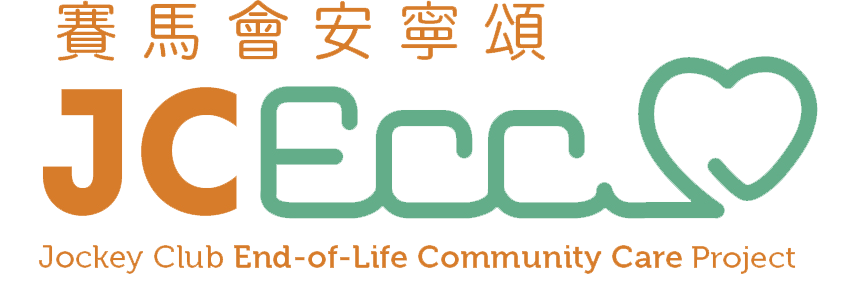 It is important for end-of-life care volunteers to be emotionally mature as they work closely with patients and families who are facing dying and imminent death which usually induce intense emotions. Moreover, one’s experience with and views on life and death, as well as one’s personalities can impact the way a volunteer treat the patients and thus affect the care quality. Recently bereaved volunteers projected his/her feelings towards the deceased onto service recipients, or inappropriately forced their beliefs or life views on service recipients are true stories. Therefore, it is of paramount importance to conduct screening to select suitable volunteers in order to ensure service quality as well as to protect the wellbeing of volunteers. If you are interested in becoming an end-of-life care volunteer and would like to know if end-of-life care volunteering suits you, you are highly encouraged to complete the following brief self-assessment. Lower scores represent the lower risks in being end-of-life care volunteers and therefore more likely to be suitable for end-of-life care volunteer work. Conversely, higher scores represent higher risks and thus more likely one would meet more challenges being an end-of-life care volunteer.
It is important for end-of-life care volunteers to be emotionally mature as they work closely with patients and families who are facing dying and imminent death which usually induce intense emotions. Moreover, one’s experience with and views on life and death, as well as one’s personalities can impact the way a volunteer treat the patients and thus affect the care quality. Recently bereaved volunteers projected his/her feelings towards the deceased onto service recipients, or inappropriately forced their beliefs or life views on service recipients are true stories. Therefore, it is of paramount importance to conduct screening to select suitable volunteers in order to ensure service quality as well as to protect the wellbeing of volunteers. If you are interested in becoming an end-of-life care volunteer and would like to know if end-of-life care volunteering suits you, you are highly encouraged to complete the following brief self-assessment. Lower scores represent the lower risks in being end-of-life care volunteers and therefore more likely to be suitable for end-of-life care volunteer work. Conversely, higher scores represent higher risks and thus more likely one would meet more challenges being an end-of-life care volunteer.



